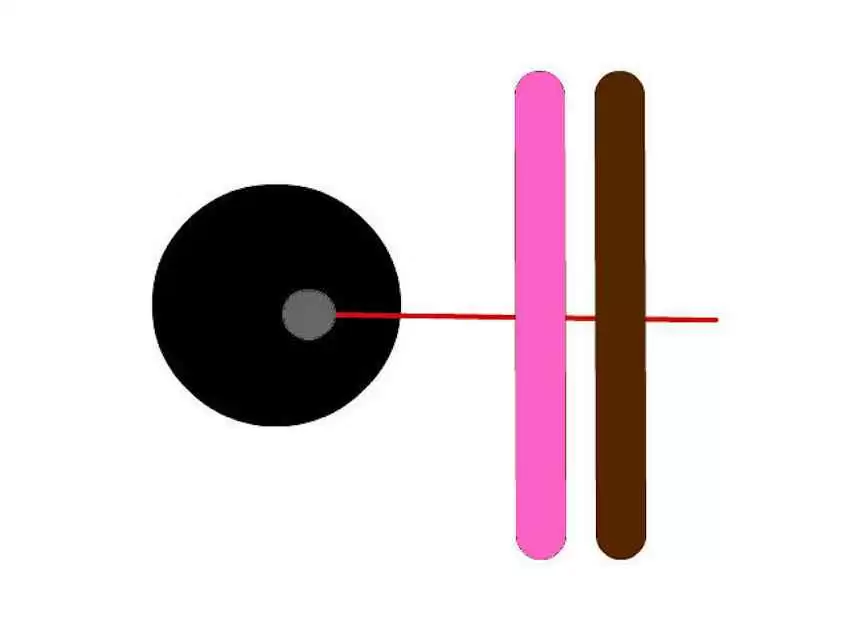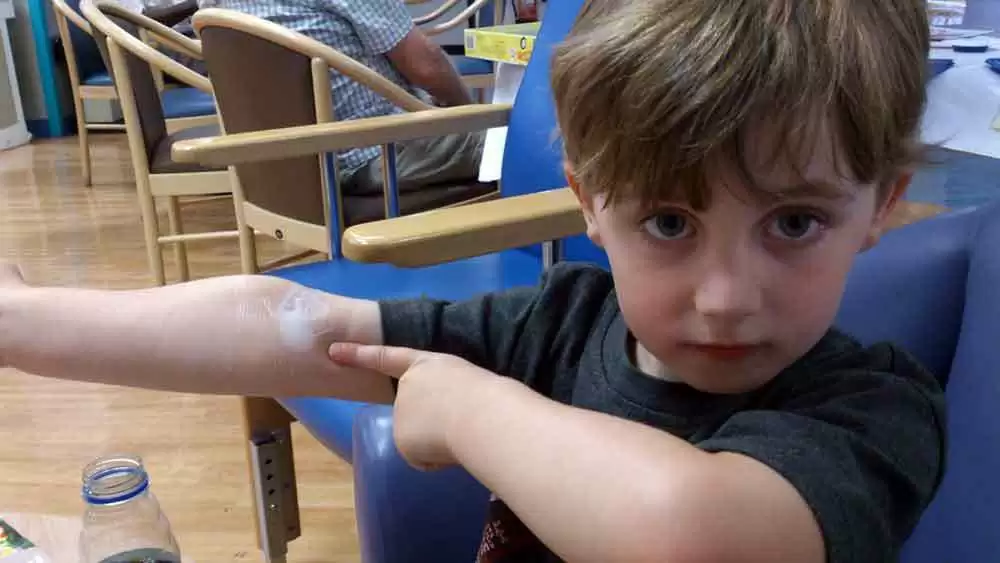
Celiac.com 03/14/2022 - Levels of antitissue transglutaminase titres at or above five times the upper limit of normal in children indicates celiac disease in nearly every case.
Currently, guidelines on celiac disease by the European Society for Paediatric Gastroenterology Hepatology and Nutrition (ESPGHAN) recommend that children who have IgA-based antitissue transglutaminase (TGA-IgA) titre at or above ten times the upper limit of normal (≥10x ULN), along with positive antiendomysial antibody, can be reliably diagnosed with celiac disease with no-biopsy required.
Celiac.com Sponsor (A12):
A team of researchers recently set out to examine the relationship between TGA-IgA ≥5×ULN and histologically confirmed diagnosis of celiac disease.
The research team included Siba Prosad Paul; Daniyal Isam Raja; Bhupinder Kaur Sandhu; Srinivasa R Rao; Christine H Spray; Anthony Edward Wiskin; Lakshmipriya Selvarajan; Eleni Volonaki; Pramila Ramani; Lina Bourhan Tashtoush and Dharamveer Basude.
They are variously affiliated with the Paediatric Gastroenterology, Bristol Royal Hospital for Children, Bristol, UK Paediatrics, Yeovil District Hospital in Yeovil, UK; the Medical School at the University of Exeter in Exeter, Devon, UK; the Nuffield Department of Surgical Sciences, University of Oxford, Oxford, Oxfordshire, UK; and the Paediatric Histopathology, Bristol Royal Hospital for Children, Bristol, UK
The team reviewed and assessed data, including TGA-IgA levels at upper gastrointestinal endoscopy and histological findings, from children diagnosed with celiac disease following endoscopy from 2006 to 2021.
They confirmed celiac disease cases using Marsh-Oberhuber histological grading 2 to 3, and conducted statistical analysis using χ² analysis.
The team histologically confirmed celiac disease in a total of 722 of 758 children, along with 455 of 457 children with TGA-IgA at or above five times ULN (the two outliers were eventually received celiac diagnosis based on clinico-pathological features. A total of 114 of the 457 had between TGA-IgA at or above five times ULN and below ten times ULN; all of whom were confirmed with celiac disease.
Patients with TGA-IgA at or above five times ULN had a ninety-nine percent likelihood of a positive biopsy, compared with eighty-eight percent of those with TGA-IgA below five times ULN, which is statistically significant. The team determined the best TGA-IgA cut-off point to be below 5×ULN for the two screens used.
Nearly one-hundred percent of children (99.5%) with TGA-IgA levels at or above five times ULN had histological confirmation of celiac disease, and can be confidently diagnosed without biopsy.
Confirmation of these findings by additional studies would present strong evidence for changing the ESPGHAN guidelines to a lower threshold of TGA-IgA for serological diagnosis of celiac disease.
This is extremely encouraging for children whose celiac screening falls within these levels. Ideally, we'll be able to move toward quick, confident celiac disease diagnoses for these patients, without going through the hassle of eating gluten and getting a biopsy.
Read more in Archives of Disease in Childhood










Recommended Comments
There are no comments to display.
Create an account or sign in to comment
You need to be a member in order to leave a comment
Create an account
Sign up for a new account in our community. It's easy!
Register a new accountSign in
Already have an account? Sign in here.
Sign In Now